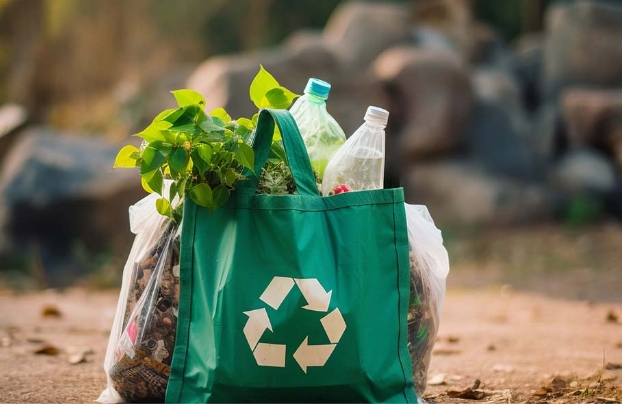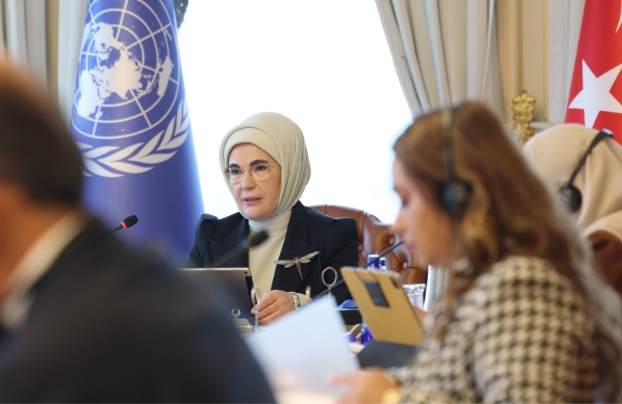Zero Waste

Turkey's "zero waste" initiative, presented as part of its climate change mitigation and sustainable development plans, was adopted by the United Nations General Assembly.
The United Nations General Assembly adopted a resolution in which Turkey is the main sponsor, along with 105 countries as co-sponsors, approving the "zero waste" initiative. With this resolution, March 30 has been declared as International Zero Waste Day.
The resolution calls for UN Secretary-General Antonio Guterres to establish an advisory board composed of voluntary and distinguished individuals, based on information, experience, and expertise, while considering gender balance and fair geographical representation. This board will serve for three years to promote local and national zero waste initiatives.
The decision emphasizes that zero waste initiatives should continue to be addressed within the UN framework, focusing on environmentally friendly waste management, sustainable consumption, and production. It encourages member states, the UN, and other international and regional organizations to implement zero waste initiatives.
Additionally, the resolution requests that the next Global Waste Management Outlook report by the UN Environment Program includes zero waste initiatives. It also calls upon the President of the UN General Assembly to convene a high-level meeting in 2023 on the topics of "zero waste" and the "10-Year Framework of Programmes on Sustainable Production and Consumption."
Thus, the "Zero Waste Project," led under the auspices of Emine Erdoğan, the wife of President Recep Tayyip Erdoğan, has received support from the UN General Assembly's resolution.
In September, during the 77th UN General Assembly discussions in New York, Emine Erdoğan met with the UN Secretary-General and signed the "Global Zero Waste Goodwill Declaration" in the context of combating the climate crisis.
The declaration states:
“To achieve the goals of the Paris Agreement and the 2030 Sustainable Development Agenda, we recognize the strong link between sustainable waste management and climate change, embracing ways to prevent, reduce, recycle, and reuse waste. We commit to implementing sustainable waste management practices.
We pledge to promote the zero waste approach globally and to share best practices for its broader recognition and implementation. We also vow to support initiatives, campaigns, programs, projects, and activities regarding zero waste to encourage responsible waste production and consumption.
While promoting the development of similar policies regarding waste management, we commit to sharing lessons learned and best practices from projects like Turkey's Zero Waste Project. We call upon UN member states, UN system entities, and members from civil society, the private sector, media, and local governments to align strategies, approaches, and responses to accelerate the global transition to a circular economy and mitigate the negative impacts of waste on climate change.”


